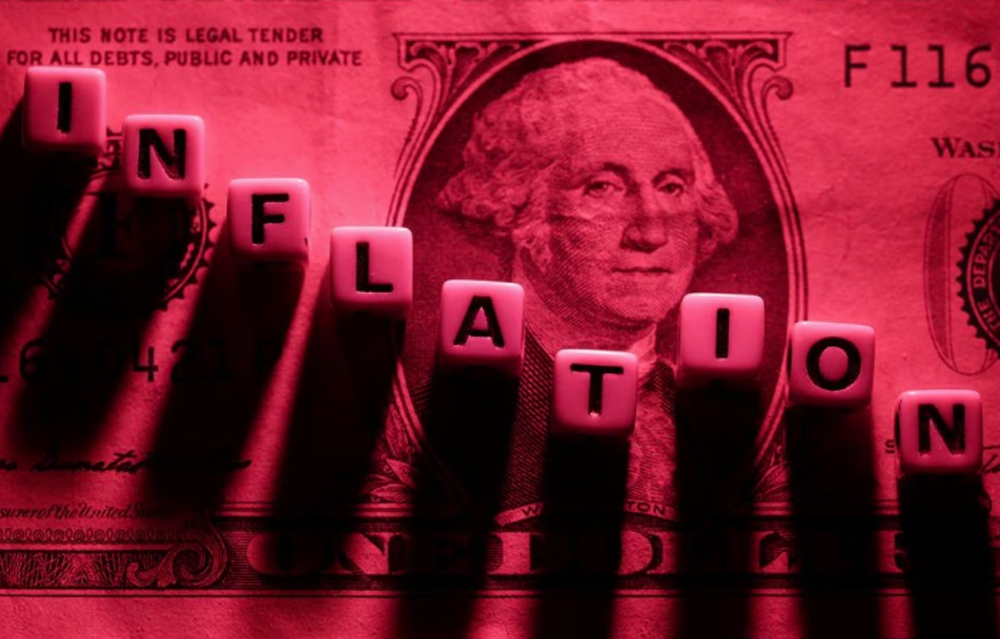NEW YORK- Expectations for lower returns in stocks and bonds are sending some pension funds into currency markets to diversify their portfolios and bolster performance.
While both equities and fixed income have partially rebounded from last year’s steep declines, some portfolio managers worry the scope for upside in either asset class may be limited, as markets face a tangle of issues including a standoff over raising the US debt ceiling and a potential recession brought on by the Federal Reserve’s aggressive monetary policy tightening.
As a result, investors are looking at currency strategies to boost their portfolio’s overall returns. Currency managers said they are seeing more inquiries from government and corporate pensions in recent months.
“Most pension funds, including us, have been trying to add differentiated sources of returns,” said Sriram Lakshminarayanan, chief investment officer of the Iowa Public Employees’ Retirement System, which oversees roughly $40 billion.
The fund, which already has roughly $400 million invested in strategies that trade currencies, is in the process of adding a forex strategy that invests in emerging market currencies to its portfolio, Lakshminarayanan said.
Global central banks cut rates in the aftermath of the 2008 financial crisis and generally kept them low, ironing out monetary policy divergences and suppressing the market swings that help traders make money in forex.
But currency volatility shot higher last year, as central banks across the world began raising rates to fight surging inflation, fueling sharp moves in the US dollar, British pound and a wide range of other currencies.
While gyrations have been more muted in 2023, some investors believe volatility will keep bubbling up, driven in part by central banks normalizing monetary policy at differing pace.





